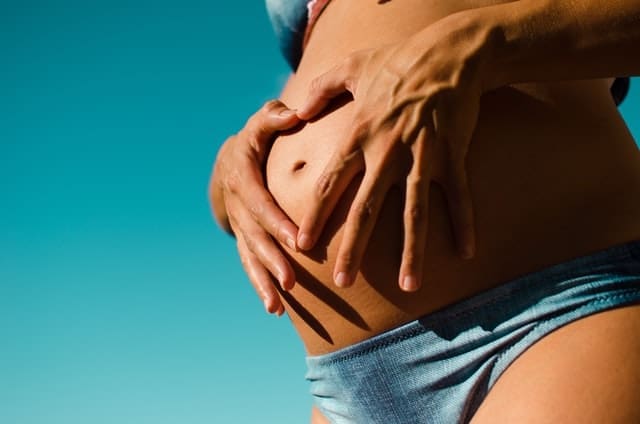Dr Larisa Corda, leading Obstetrician and Gynaecologist sheds some light on how vitamin D supplementation can be vital to maintaining good health during pregnancy.
Vitamin D is a steroid vitamin from a group of fat-soluble prohormones. It is naturally produced in the skin with exposure to UVB light and considered safe to take as cholecalciferol (D3) oral supplements in doses up to a maximum of 4,000iu/day for short periods.
Vitamin D supplements
For healthy young individuals, NICE recommendations advise all adults living in the UK, including those at increased risk of vitamin D deficiency, should take a daily supplement containing 400 international units (IU [10 micrograms]) of vitamin D throughout the year.
If you are able to get exposure to natural sunlight, then your body will synthesize vitamin D and you are less likely to need supplements to maintain healthy levels.
Pregnancy complications
Vitamin D is essential for health, including bone, muscle and nerve conduction, and cellular function. Low blood concentrations of vitamin D in pregnant women have been associated with pregnancy complications, therefore, it is thought that supplementation with this vitamin may be beneficial if you are pregnant.
Trials involving almost 4,000 pregnant women suggest that supplementation with vitamin D during pregnancy will likely reduce the risk of pre-eclampsia, gestational diabetes, and the risk of having a baby with low birth weight and may reduce the risk of maternal adverse events, such as severe postpartum haemorrhage.





